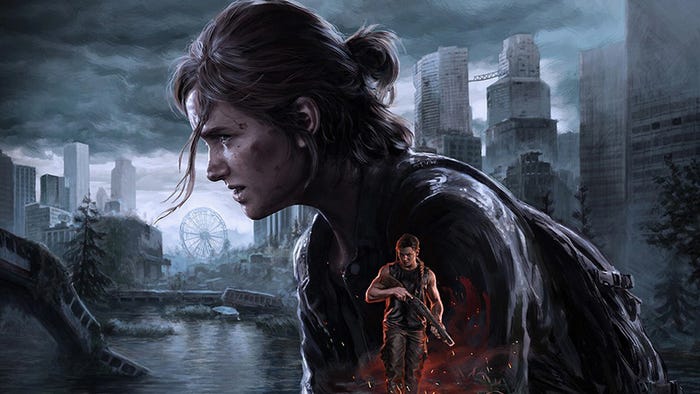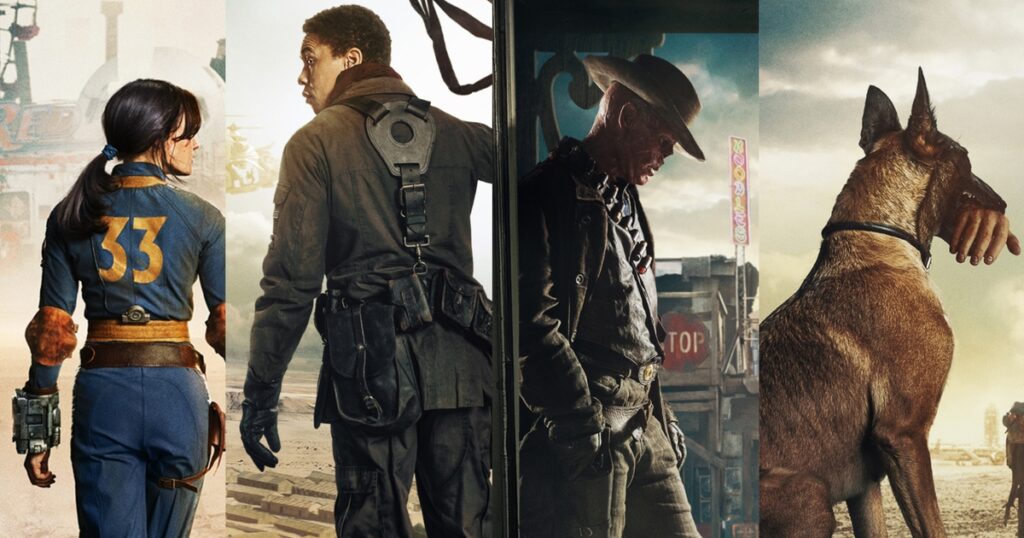Last week at Avalanche Studios Good reason The franchise has now been adapted into a Hollywood film, following in the footsteps of BioShock, Gears of War and many others, which isn't all that surprising given how well those adaptations have resonated with audiences.
what teeth Surprisingly, watch dogs The Just Cause movie, which is in development at New Regency, will likely be released without a video game. Avalanche, as far as we know, is currently Prohibited Items Xbox Game Studios' big open-world series hasn't had a new game since 2018. Just Cause 4Last year, Square Enix Free Play With the mobile phone game Just Cause set to officially release soon, no one knows if the series will ever make a comeback.
So Avalanche is quiet Just Cause 5 It's being saved for a rainy day or some kind of remaster that hasn't been mentioned, so it's more likely that a final film will be released and the series will be MIA after nearly (or more) a decade.
Hollywood is clearly ready to throw its all into gaming now that it has achieved multiple consistent successes, and it seems willing to do this even without the games themselves. The question is, will gaming companies benefit from this arrangement?

Key art for Naughty Dog's The Last of Us Part II: Remastered.
The evolving relationship between video games and Hollywood
In the past, big movies would produce tie-in games as part of their overall marketing plan, and while there were a few exceptions, many of the tie-ins were of questionable value and often produced in a relatively short time frame. Short turnaroundThroughout the late 2000s and 2010s, these games slowly faded away, being replaced by games like Rocksteady's Batman Arkham series and Insomniac Games' Spider-Man titles, which were single-player games set in their own standalone canon.
Not being obligated to a tight release window immediately following the film's release allowed for a longer development period; promoting the film became a secondary objective, achieved through post-launch costumes and other DLC perks. Insomniac's first Spider game had DLC suits inspired by Tom Holland's sequel and the animated film Into the Spider-Verse, which were released between 2018 and 2021, while Rocksteady Batman: Arkham Knight Last year, players got a free skin of Robert Pattinson's Batman (famous for the Batman movies).
Bigger screens on sister consoles boost game sales
Putting new games on store shelves around the time of adaptation has paid off in the past. Naughty Dog's 2022 PlayStation 5 Remake original The Last of Us Sales soared just one week after the HBO show premiered. Gran Turismo 7 (Also from 2022), After its own movie is released in 2023, 13 percent Player Boost. Remake for PlayStation 4 by Insomniac Games Ratchet & Clank Star Wars: Episode II, released in 2016, was produced specifically to tie into the film and became the fastest-selling series before the series went on a five-year hiatus.
Conversely, Castlevania has done just fine without a game for a decade, with the Netflix show and recent Dead cells A crossover worthy of its name. Fallout games The show exploded in popularity after it premiered on Prime Video, and even though it was renewed for a second season and Amazon boasted about its viewership numbers, Bethesda it takes time Respond with an all-new entry. Adaptation doesn't necessarily mean a new game. Days Gone and Gravity Rush The sequel project was cancelled and the studio shutdown.

Mario and Luigi from the Super Mario Bros. movie.
Of all development companies, Nintendo may have found the most ideal relationship with Hollywood. Compared to other companies, Nintendo has been more cautious about what and how it adapts, mainly due to the trauma of the almost universally panned 1993 Mario movie. But in the long run, it has worked out well. Two Mario games were released in 2023, neither of which were made in conjunction with the then-upcoming Super Mario Bros. movie. With Nintendo heavily involved in the production, the movie functions as “just another Mario game” rather than something the entire franchise depends on. The same feeling may extend to the upcoming Legend of Zelda movie. If the game (new or remake) were released in the same relative proximity, it would feel like a natural intersection, not a pre-determined direction.
With the proliferation of Pokémon anime series and movies, Nintendo effectively created transmedia as we know it today. The annual releases of the games laid the foundation for the trading card game and the anime, all of which have been staples of pop culture for decades. Kids watch the show and are inspired to buy the cards (and, hopefully, buy them). Ticket scalper Nintendo can't engineer that kind of cultural cache by having a Nintendo game available to release whenever they want (taking that chance away from Nintendo), or their latest game, or whatever order of manipulation you want to apply. Plus, Nintendo has a game for every opportunity they can release whenever they want.
Publishers like Sony and Microsoft are eager to become big transmedia companies whose games are adapted into films, boosting sales and spurring franchises. Many of these games with franchise potential have grown out of double-A or triple-A games, the latter of which are more expensive to produce. Films often have large budgets, but games are starting to feel the strain, and not all games can be remastered or ported to PC before being made into a film. In other cases, game projects hoping to ride the film wave are being pushed out of the studio. Get the axe A sudden studio closure or layoffs for reasons outside of a developer's control can be just as game-changing as growing a game into a multimedia behemoth.
Games and Hollywood have had a relationship for decades, but the emergence of new adaptations shows just how one-sided it has become. Games have bent like a pretzel for adaptations, but it hasn't always worked out. Audiences on both have gotten better at spotting when companies are trying to steer their mediums toward a certain end goal, and sometimes refusing to follow suit. Going forward, to ensure a healthy dynamic between the two mediums, companies will need to take their IP strategy less public, as Nintendo has done. It's important to be directly involved in adaptations, but it's equally important to know when to take your foot off the gas and let things unfold naturally.


